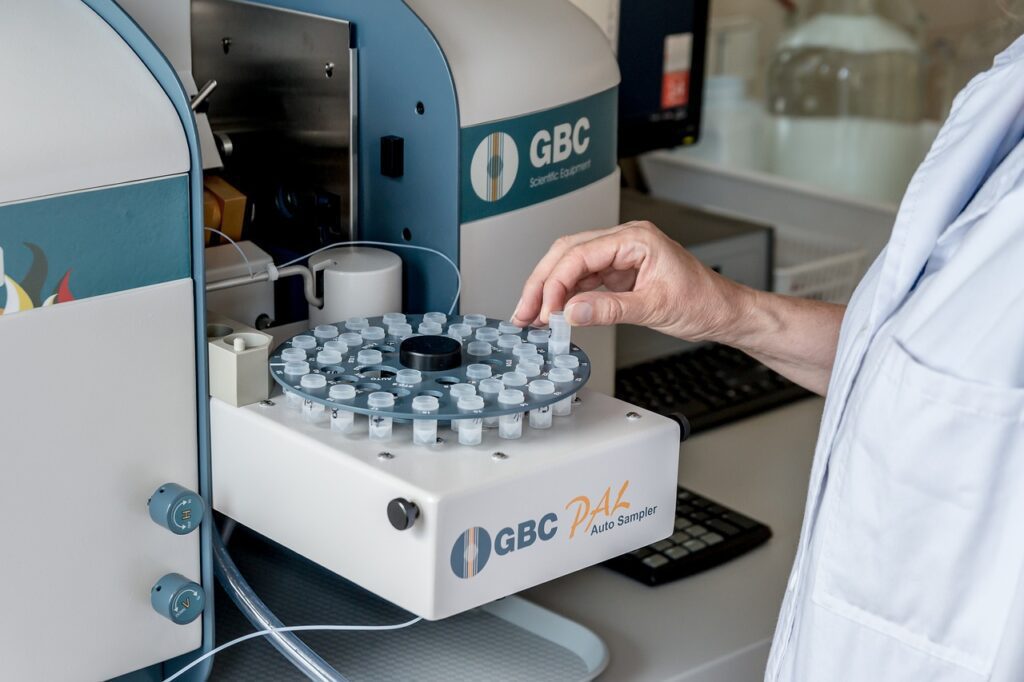According to a story from Benzinga, there are at least eight drug companies that are currently working on a treatment for Rett syndrome, a rare genetic disorder. With no cure or disease-modifying treatments available, addressing the needs of people living with Rett syndrome has become a critical unmet medical need. A number of potential therapies are in various stages of clinical evaluation and development.
About Rett Syndrome
Rett syndrome is a brain disorder that becomes evident early in the lives of its female patients. The disease is caused by a genetic mutation that affects the MECP2 gene. This gene is found on the X chromosome. Males who have this mutation typically die soon after being born, so Rett syndrome almost exclusively affects females. It occurs as a spontaneous mutation in the vast majority of cases and is rarely inherited from parents. Symptoms include sleeping issues, difficulty speaking, poor coordination, scoliosis, seizures, small head size, slow growth, and repetitive movements. There is no cure for Rett syndrome, and management focuses on maintaining function and alleviating symptoms. Life expectancy for patients is around 40 years. Death often occurs spontaneously and is often linked to brainstem malfunction, gastric perforation, or cardiac arrest. To learn more about this syndrome, click here.
Treatments in 2021
While there are multiple companies working on treatments for this rare disease, only a few have reached the stage of being investigated in clinical trials. A phase III trial that began in February 2020 and is anticipated to complete by June 2022 is evaluating the safety of Cannabidiol Oral Solution in Rett syndrome patients. This study was initiated by GW Research.
The drug that has gotten the most attention and is now in phase III trials is trofinetide. It is being developed by Neuren Pharmaceuticals and has earned Fast Track designation and Orphan Drug Designation from the US Food and Drug Administration, as well as Orphan Drug designation from the European Medicines Agency (EMA). This trial, which includes around 184 participants, began in November 2019 and is expected to be completed this October.
Another treatment that is in phase I trials is NLX-101, which also has Orphan Drug designation from the FDA and EMA.
With a consistent pipeline of possible therapies in the works, including some that are in the later clinical stages, this rare community definitely has something to look forward to in the not so distant future.






